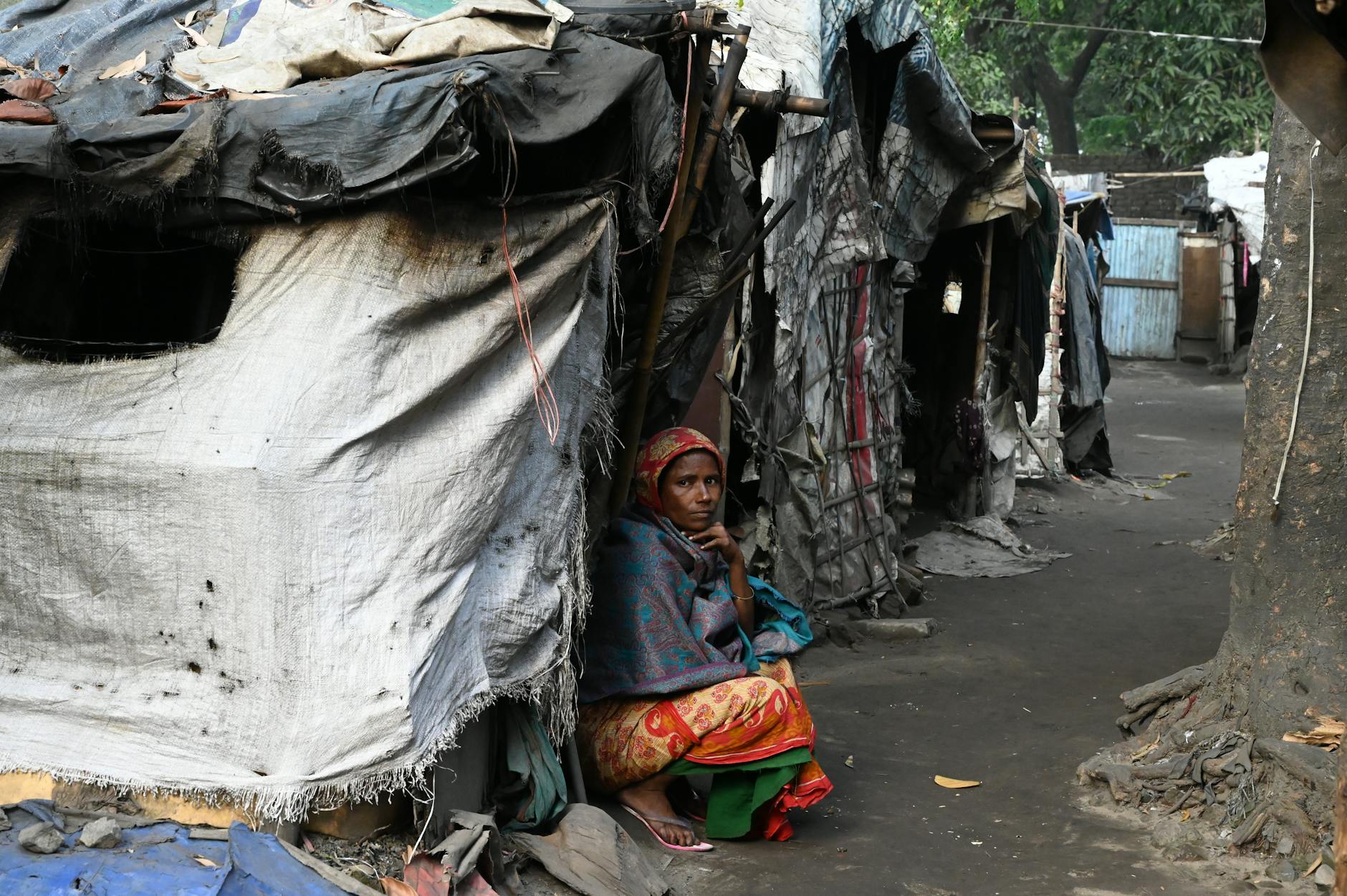Community Divisions Erupt Over Asylum Seeker Accommodation
Protests and Counter-Demonstrations Signal Growing National Debate
Weeks of escalating public discourse surrounding the accommodation of asylum seekers in the UK have culminated in a series of protests and counter-demonstrations planned across the country this weekend. The demonstrations, primarily focused outside hotels currently housing asylum seekers, highlight a complex and often emotionally charged national conversation about immigration, resource allocation, and community impact. As tensions mount, these events underscore a significant societal division, prompting a closer examination of the underlying issues and the differing perspectives at play.
The Shifting Landscape of Asylum Seeker Housing
The use of hotels to house asylum seekers has become a prominent feature of the UK’s approach to managing asylum claims. This practice, while intended as a temporary measure, has drawn considerable attention and, in many areas, local opposition. Reports indicate that the number of individuals being accommodated in such facilities has fluctuated, with government figures providing data on the scale of the operation. The Sky News report cited by the source suggests a notable increase in planned protests for the upcoming weekend, indicating a sustained and potentially growing public engagement with the issue.
A Platform for Dissatisfaction and Solidarity
On one side of the debate are groups expressing concerns about the impact of asylum seeker accommodation on local communities. These concerns often revolve around issues of public services, such as strain on healthcare and education, as well as broader questions of security and cultural integration. The “mass deportation” plan alluded to by Nigel Farage, as mentioned in the source, represents a segment of public opinion advocating for more stringent immigration policies and a reduction in the number of asylum seekers entering the country. These perspectives often emphasize national sovereignty and the perceived fiscal responsibilities of the state.
Conversely, counter-demonstrations are also expected, organized by groups advocating for the rights and welfare of asylum seekers. These individuals and organizations often highlight the humanitarian aspects of supporting those fleeing persecution or conflict. They emphasize the legal obligations and moral imperatives to provide sanctuary and resources to vulnerable populations. Counter-protesters aim to express solidarity with asylum seekers, challenge what they perceive as xenophobic rhetoric, and advocate for more compassionate and effective asylum processing systems.
Analyzing the Divergent Perspectives
The divergence in public opinion can be understood through several lenses. Economically, debates often center on the costs associated with housing and supporting asylum seekers versus the potential contributions they might make to the workforce and economy if integrated effectively. Socially, discussions touch upon the pace of integration, cultural compatibility, and the impact on local community cohesion. Politically, the issue has become a significant point of contention, with various parties offering different policy solutions, ranging from increased border controls to more streamlined asylum processes.
It is crucial to distinguish between verifiable facts and the various interpretations and opinions surrounding them. Government data on asylum applications, processing times, and accommodation costs provide a factual basis for some discussions. However, the long-term economic impact of immigration, the precise societal effects of temporary accommodation, and the ethical considerations of asylum policies are subjects of ongoing debate with varying expert opinions and potential outcomes.
The Role of Information and Public Discourse
The intensity of the protests signals a public deeply engaged with the challenges and complexities of the current asylum system. Understanding the motivations behind these demonstrations requires acknowledging the varied lived experiences and perspectives within communities. Media coverage plays a significant role in shaping public perception, and it is essential for reporting to be balanced, accurate, and to clearly differentiate between factual reporting and opinion or commentary.
For individuals seeking to understand this multifaceted issue, consulting a range of sources is recommended. Official government reports on immigration and asylum provide data and policy outlines. Reports from established charities and non-governmental organizations working with asylum seekers offer insights into their experiences and challenges. Academic research can provide broader economic and social analyses. It is also beneficial to be aware of the political affiliations and potential biases of different news outlets and commentators.
Key Takeaways for Informed Engagement
- The debate over asylum seeker accommodation involves deeply held views on immigration, national resources, and humanitarian responsibility.
- Protests and counter-protests reflect a broad spectrum of public opinion and concern within the UK.
- Economic, social, and political factors are intertwined in the ongoing discussion about asylum policies.
- It is important to critically evaluate information from various sources and distinguish between facts, analysis, and opinion.
- Understanding the differing perspectives is crucial for constructive dialogue and policy development.
Moving Forward: A Call for Balanced Consideration
As the weekend’s events unfold, they serve as a potent reminder of the significant national conversation underway. Addressing the complexities of asylum and immigration requires a commitment to informed debate, evidence-based policy, and a recognition of the diverse human experiences involved. Encouraging civic engagement that is both passionate and principled is essential for navigating these challenges constructively.
References
- UK Home Office: Provides official government information on immigration and asylum policies, statistics, and procedures.
- UNHCR United Kingdom: The UN Refugee Agency’s presence in the UK, offering information on refugee rights and global displacement.


























